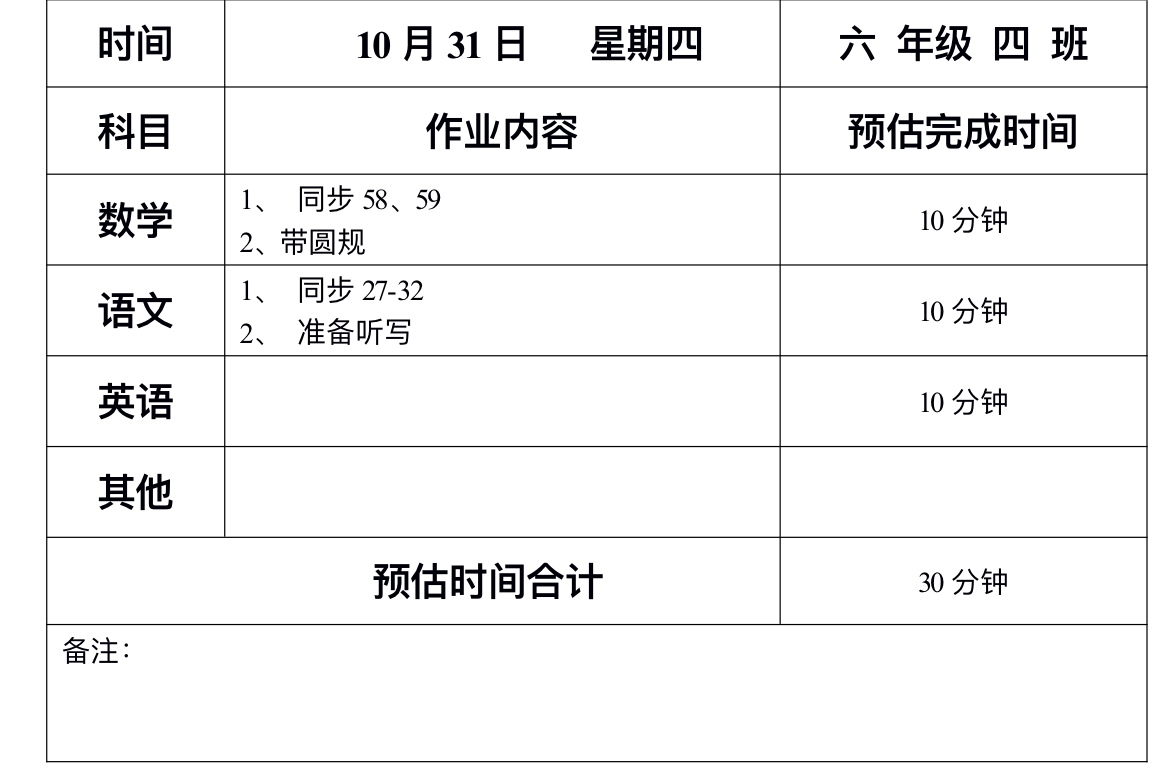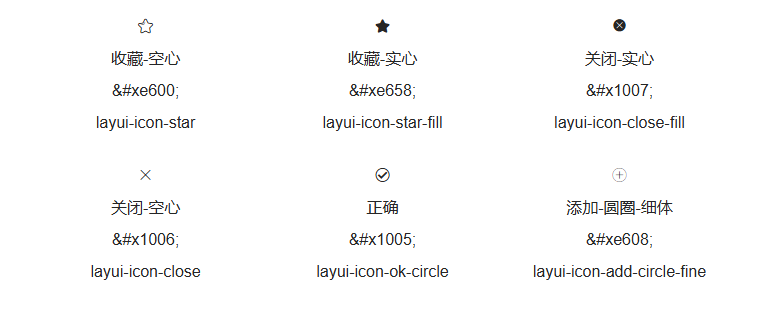《用Gin框架构建分布式应用》学习第15天,p272-p306总结,总35页。
一、技术总结
1.TDD(test-driven development)
虽然经常看到TDD这个属于,从本人的工作经历看,实际开发中用得相对较少。
2.unitest(单元测试)
go语言开发中,使用testify进行单元测试开发。
(1)创建测试文件
测试文件以xxx_test.go命名,与xxx.go在同一目录下。示例:main.go和mian_test.go在同一目录下。
(2)编写测试函数
测试函数必须Test作为前缀,后面跟被测试函数名,示例:被测试函数名称为IndexHandler,测试函数名称为TestIndexHandler。
main.go:
// main.go
package mainimport ("github.com/gin-gonic/gin""net/http"
)func IndexHandler(c *gin.Context) {c.JSON(http.StatusOK, gin.H{"message": "hello world"})
}func SetupServer() *gin.Engine {router := gin.Default()router.GET("/", IndexHandler)return router
}
func main() {err := SetupServer().Run()if err != nil {return}
}main_test.go:
package mainimport ("github.com/stretchr/testify/assert""io""net/http""net/http/httptest""testing"
)func TestIndexHandler(t *testing.T) {// 不适用 testify// 注意,因为`{"message":"hello world"}`是字符串,所以冒号后面如果有空格,在判断相等的时候也会有影响// mockUserResp := `{"message":"hello world"}`//// ts := httptest.NewServer(SetupServer())// defer ts.Close()//// res, err := http.Get(ts.URL + "/")// if err != nil {// t.Fatalf("Expected no error: got %v", err)// }//// defer res.Body.Close()//// if res.StatusCode != http.StatusOK {// t.Fatalf("Expected status code 200: got %v", res.StatusCode)// }//// // ioutil.ReadAll 已不推荐使用// // responseData, err := ioutil.ReadAll(res.Body)// responseData, err := io.ReadAll(res.Body)// if string(responseData) != mockUserResp {// t.Fatalf("Expected hello world message: got %v", string(responseData))// }// 使用 testifymockUserResp := `{"message": "hello world"}`ts := httptest.NewServer(SetupServer())defer ts.Close()res, err := http.Get(ts.URL + "/")defer res.Body.Close()assert.Nil(t, err)assert.Equal(t, http.StatusOK, res.StatusCode)responseData, err := io.ReadAll(res.Body)assert.Equal(t, mockUserResp, string(responseData))
}(3)执行测试
go test
3.coverage(测试覆盖率)
p282, Test coverage describes how much of a package's code is exercised by running the package's tests.
4.integration test(集成测试)
integration test就是多个功能一起测试。
5.security test(安全测试)
go语言开发中,使用gosec进行安全测试。
6.postman
书上介绍了postman的collection, environment, scripts的使用,基本属于工作中常用到的操作。当然,postman本身也不复杂。
go语言开发中,使用
7.吐槽系列
// chapter 01router := gin.Default()// chapter 07r := gin.Default()
作者在chapter 01用的名称是router, 那么在chapter 07也应该用这个,而不是r,保持字段名称的一致性!想起本人在实际工作中遇到的一个项目,其中表示“设备”的名称就用了三个:eqp, equip, equipment,但其实都是指同一个东西,这无形中会导致一些问题:(1)阅读代码的人会有疑问,这三个表示的是同一个东西吗?(2)写代码的时候得思考,用的是哪个名称。
二、英语总结
无。
三、其它
今天没有什么想说的。
四、参考资料
1. 编程
(1) Mohamed Labouardy,《Building Distributed Applications in Gin》:https://book.douban.com/subject/35610349
2. 英语
(1) Etymology Dictionary:https://www.etymonline.com
(2) Cambridge Dictionary:https://dictionary.cambridge.org

欢迎搜索及关注:编程人(a_codists)










